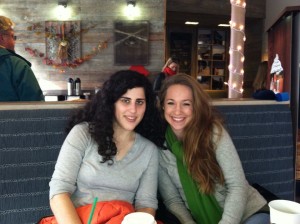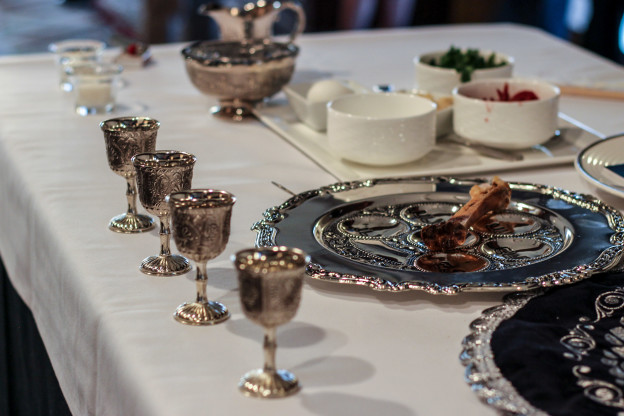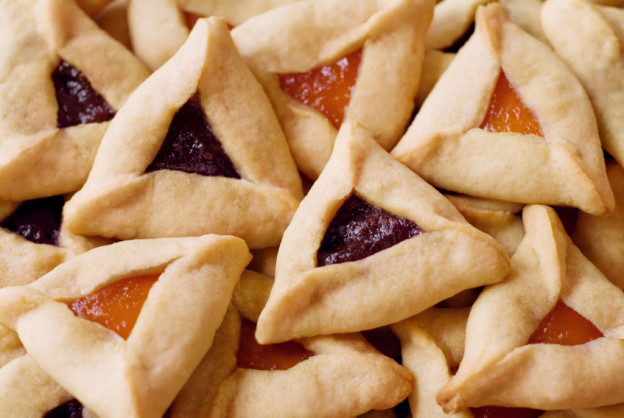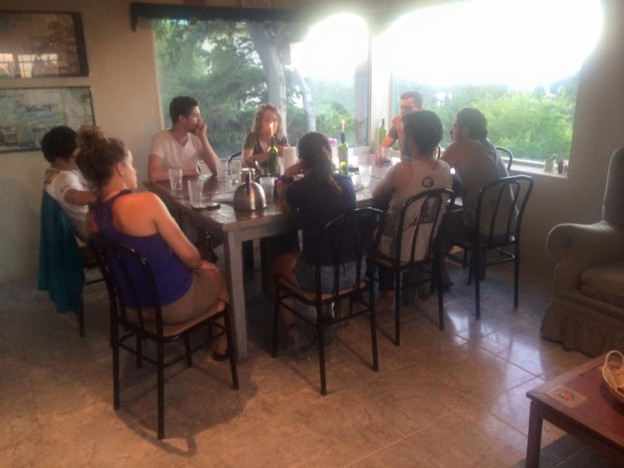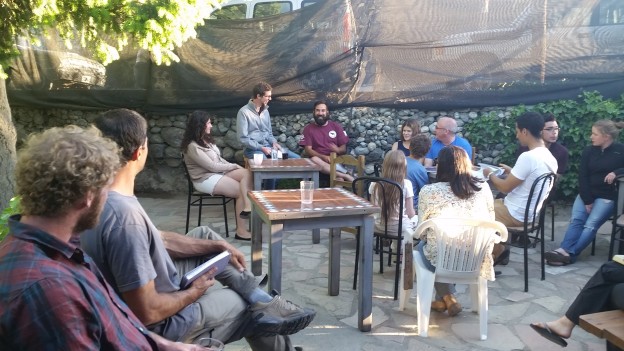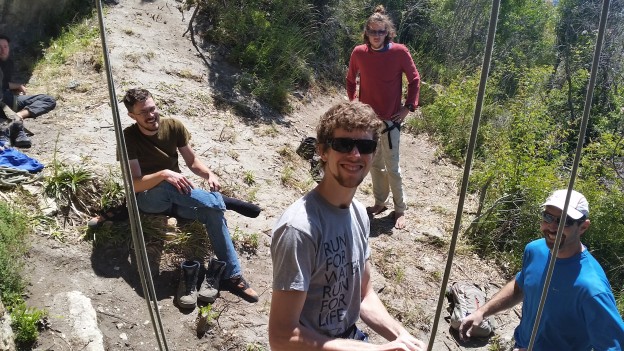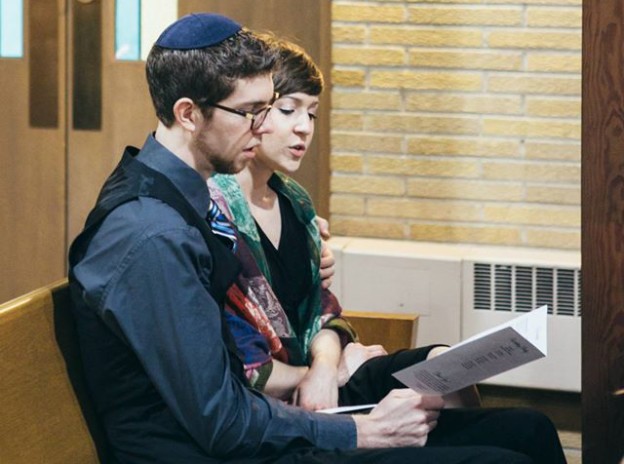A devotional by Lea Dickinson.
___________________________________________________________________________
During the Passover Seder we eat many symbolic foods. Passover is rich in symbolism. One such item that we partake in is the egg, or in Hebrew, beitzah. The egg represents all the lambs that were sacrificed back at the temple in Jerusalem.
One interpretation that I recently read, by Rabbi Yossy Goldman, refers to the egg being a symbol of the beginning of life. Like the egg, Passover represents the beginning of the Jewish people’s freedom from Egypt. Life has stages and so too, does an egg. The egg does not just exist, it has a beginning. The egg first starts out inside of the hen, then the egg is laid and eventually with care, time and warmth, it hatches into a baby chick. When the Jewish people left Egypt, they were just like that egg. They were coming out of 400 years of enslavement and then they were freed from the chains of slavery, but they were not quite born anew. They no longer were under the jurisdiction of the Egyptians. They were like children in need of guidance. God, knowing what the Jewish people needed, eventually brought the Israelites to Mount Sinai where he gave them the Torah. They now had a new life with Godly rules that they were to follow.
From a Messianic standpoint, we know that life comes through Yeshua the Messiah, who is our sacrificial Passover lamb. He was and he is our final sacrifice and he is all that we need. Jesus has given us freedom from the bondage of sin and death and the power of darkness. He is our light in a dark world. We can trust that he will meet our needs and will provide for us, much like how he provided for the Jewish people 5,000 years ago.
Now, during the Passover meal, we dip the egg into salt water and we eat it. This reminds us of the destruction of the temple in 70 A.D. and the tears shed because of how sad we are that we can no longer sacrifice bulls, goats and lambs at the temple. So, in another sense, the egg represents mourning because no longer would the sins of the Jewish people be wiped clean, but we know that in Yeshua, we have been made clean once again, and no longer need the sacrifices of animals to atone for our sins! This Passover, let’s be reminded, that we are made new in Yeshua the Messiah. Please pray with me, that my Jewish people would come to this beautiful revelation and that their lives would be made new in Christ.
Lea Dickinson has a Bachelor’s degree in International Relations, with a minor in Jewish Studies and Islamic Studies from San Fransisco State University. She and her husband, Mikael, are Jewish believers in Jesus and are passionate about reaching fellow Jewish people with the truth of Jesus the Jewish Messiah. She currently serves as the Evangelistic Coordinator at Shema Yisrael Messianic Congregation in Michigan.



